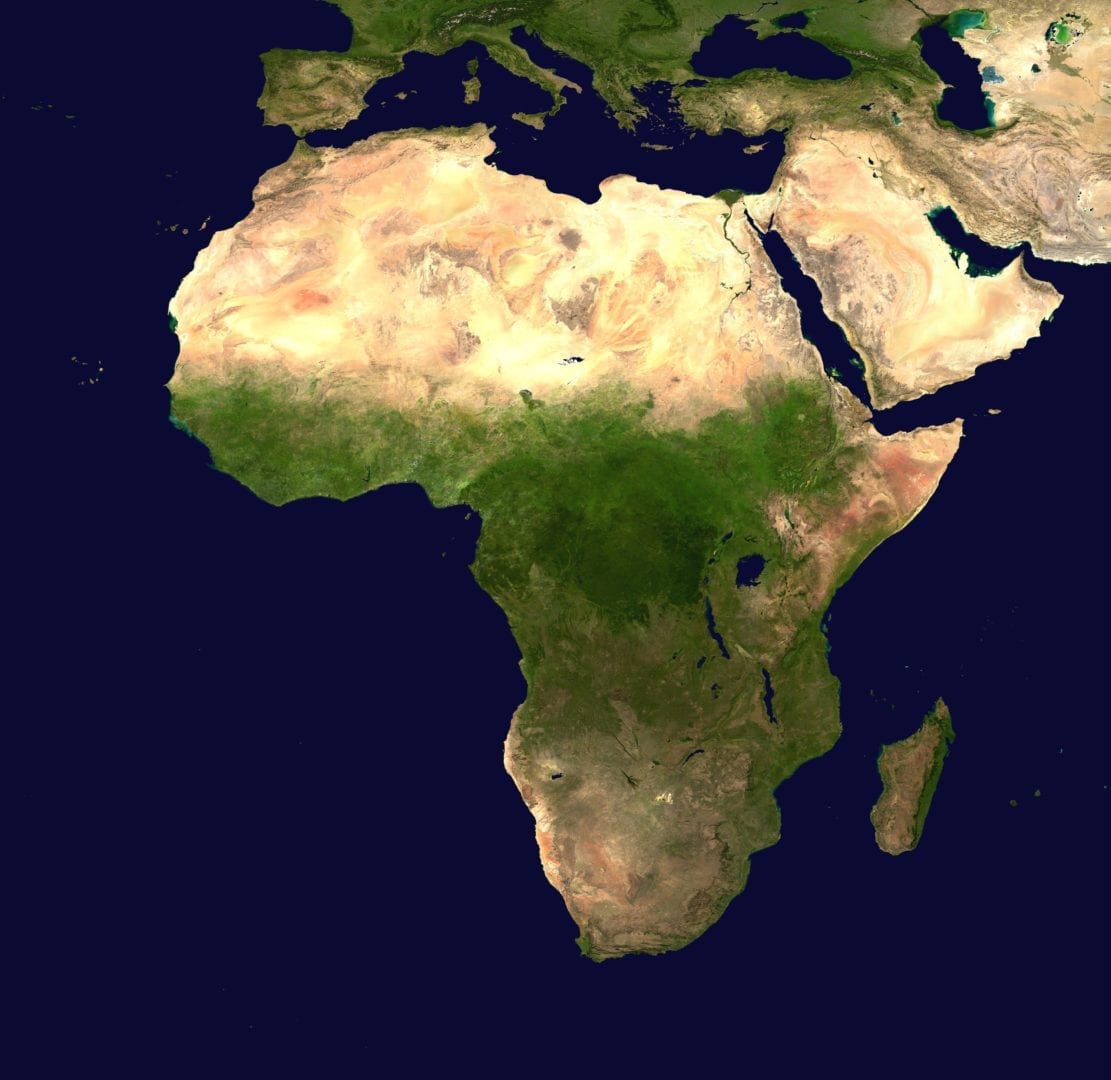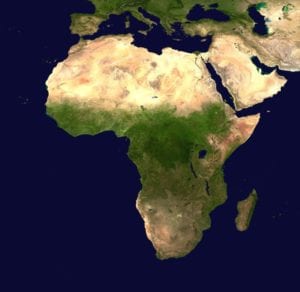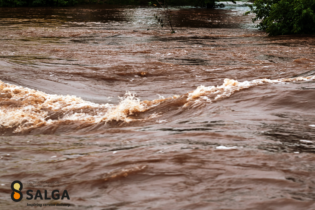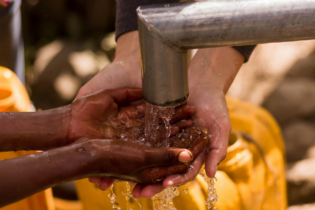 A Water Action Day was one of the highlights of the Conference of the Parties of the United Nations Agreement on Climate Change (COP22) in Marrakech, Morocco, earlier this month.
A Water Action Day was one of the highlights of the Conference of the Parties of the United Nations Agreement on Climate Change (COP22) in Marrakech, Morocco, earlier this month.
Water’s central role
Water makes up approximately 71% of the earth’s surface. Water is also central to many climate change challenges as a slight increase in the earth’s temperature will have serious consequences for all types of life on earth. Climate variability is increasing and its impacts are increasing. Extreme climate events such as floods and droughts lead to increased water pollution, higher levels of malnutrition, more migration and greater significant losses, particularly in infrastructure and agricultural production. More than 85% of Intended Nationally Determined Contributions (INDCs) presented by countries participating in the Paris Agreement said water was a key “adaptation issue”. This was noted by the UNFCCC during COP22.Africa’s water challenges highlighted at COP22
The panellists addressed the entire range of water-related issues and challenges that affected African countries. These included access to potable water and sanitation services, irrigation, agriculture and food security, health issues, lack of water infrastructure, and medium and long term perspectives on climate change.“Water insecurity leads to heightened conflicts, tension among populations, and causes migrations that threaten global stability,” Afilal said.
“Africa is the continent that is most vulnerable to climate change,” AfDB’s El Azizi said. He added that it was about “providing justice, in the context of climate financing, to this continent, which has suffered the consequences of climate change without having been responsible for it. African countries are concerned with the complex and difficult access to climate financing, particularly for fragile countries.”






